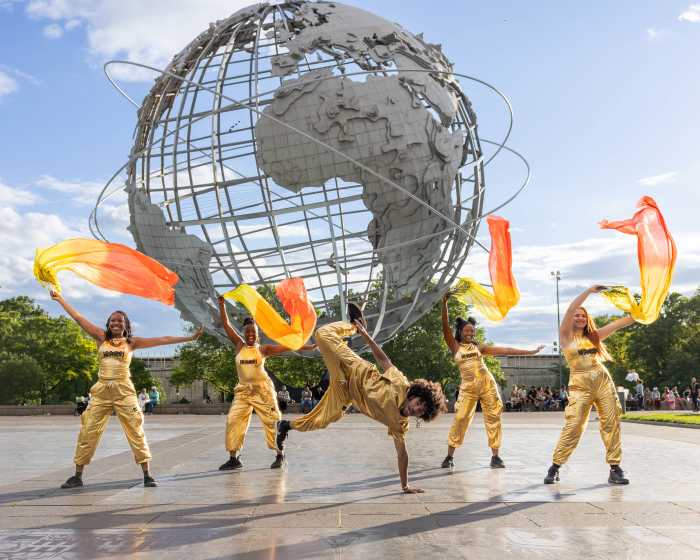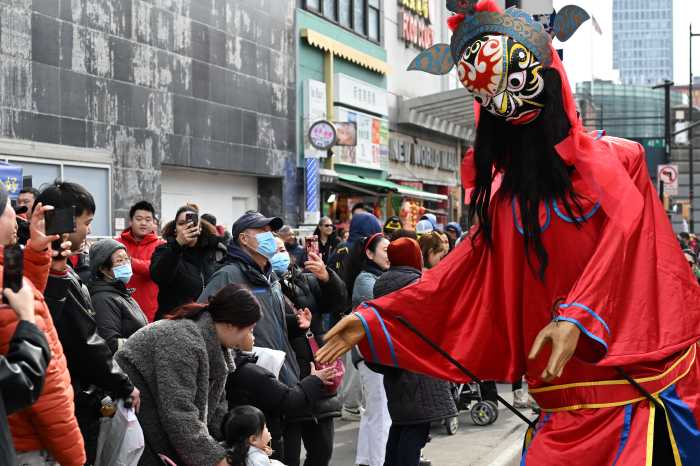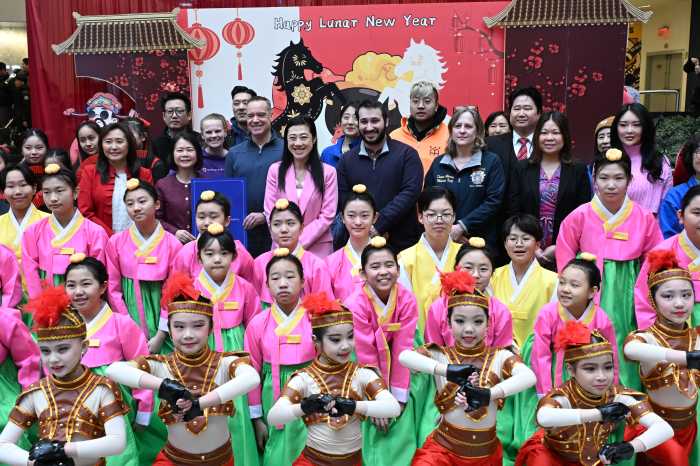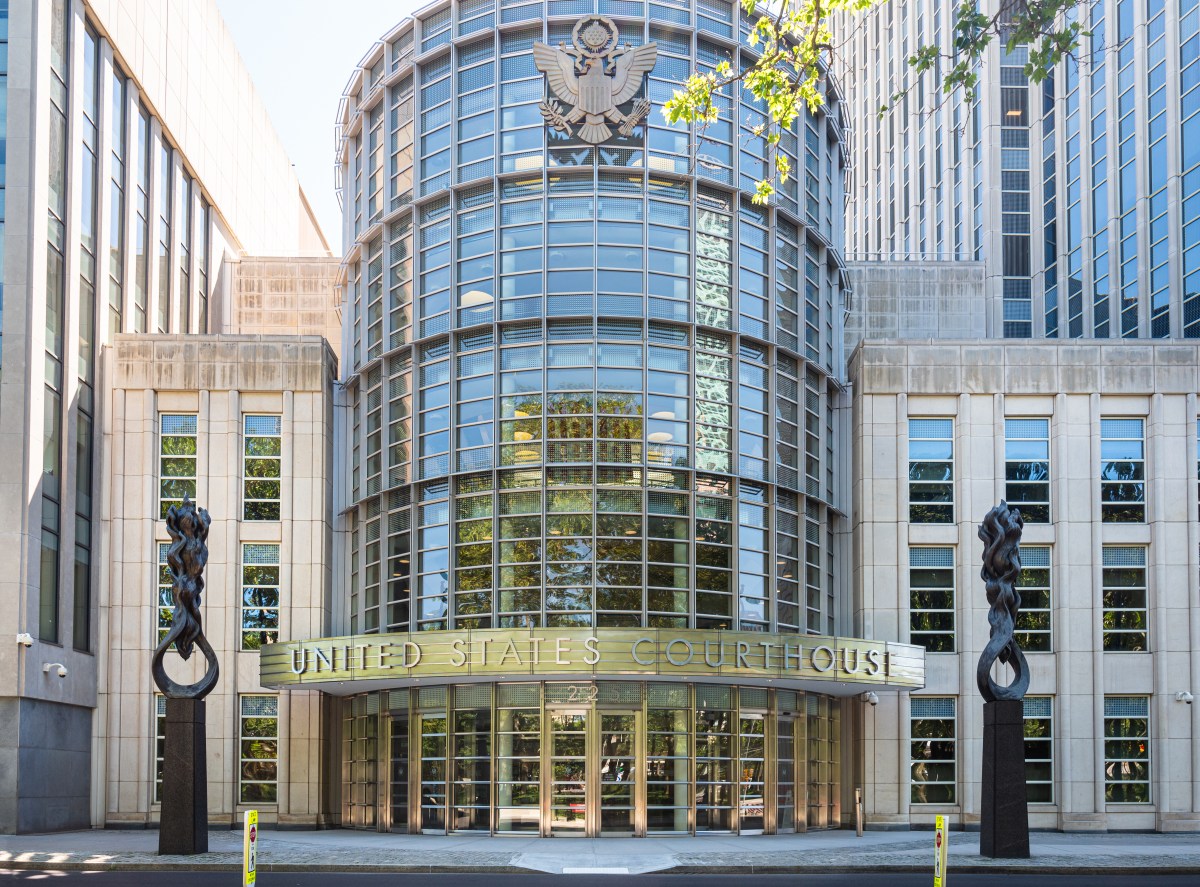On Monday, a Queens County Supreme Court judge dismissed a large chunk of claims outlined in a lawsuit against Forest Hills Stadium filed by a neighboring homeowner association.
In the suit filed by The Forest Hills Gardens Corporation (FHGC) against the West Side Tennis Club, which owns and leases the stadium to concert operators, the plaintiffs allege that their quality of life has deteriorated as the frequency of music concerts held at the stadium has increased over the past few years.
In August, Judge Joseph J. Esposito dismissed another lawsuit filed against the stadium by Concerned Residents of Forest Hills. He is also overseeing this still-active suit.
He dismissed five of seven claims that cited trespassing and zoning violations, among others, but did not dismiss claims of both public and private nuisance.
The court’s first dismissed claim was a Breach of Declaration, which cited a 1913 declaration of land ownership where the historic stadium and surrounding residences exist today. The copy of the document submitted as evidence serves as the premise that FHGC owns the streets and sidewalks in Forest Hills Gardens.
The judge’s motion to dismiss reads, “The evidence submitted by the plaintiff fails to establish that the music festivals are a noxious, offensive or dangerous trade or business that must be enjoined.” However, in a separate claim, the court acknowledged that loss of control of private sidewalks and increased costs to maintain those highly trafficked streets were nuisances as a result of concerts.
It adds that the 1913 declaration “does not condition the Club’s rights to hold public events” or partner with “third parties in arranging such events” and that contractually, the purpose of the West Side Tennis Club is not limited to just tennis, despite its name.
The judge also dismissed a “trespassing” claim. Since the streets are technically owned by the FHGC, they claimed in the lawsuit that the “ticket booths, bag check stations, barricades and VIP areas” go beyond the walking and driving allowed that would not be considered trespassing.
On concert nights and festival days, thousands of attendees walk through the area to get to the stadium, which has a capacity of 12,000. Affidavits submitted in the lawsuit alleged that some attendees, who tend to be intoxicated, have entered the vestibules of their apartment buildings and left trash or bodily fluids.
But the court pointed out that since the defendants work with the NYPD, MTA, and LIRR to ensure safe access to the stadium that is as minimally disruptive to the wider community as possible. It notes that since the street “closures are enforced by the NYPD,” it’s “a directive that neither FHGC nor WSTC can override.”
The judge encouraged both parties to continue working with the NYPD to implement a “crowd-control” plan to ensure concertgoers don’t stray from the route and venture into residential areas.
The two claims not dismissed by the judge were claims of public and private nuisance. The court acknowledged that “the record is more than sufficient to establish that FHGC suffers injury distinct from the community at large,” but that does not fall under the jurisdiction of public nuisance, which would have to apply to the entire Forest Hills community.
In a past lawsuit against the stadium, brought on by Concerned Citizens of Forest Hills, the judge dismissed it entirely. Evidence proved that the noise levels affected the wider community, not just the residents who were leading the suit and alleging private nuisance.
The stadium’s lawyers took the dismissal of the majority of claims as a win. They were once again thrilled to share that concerts would continue despite the lawsuits attempting to ban them.
“Forest Hills Stadium, an iconic and popular venue that anchors New York’s vibrant live music scene, has poured tremendous resources into being a good neighbor. We are gratified that the Court dismissed the vast majority of the claims and made clear that concerts at the Stadium are authorized under the relevant legal documents,” said Attorney Akiva Shapiro, representing the stadium, in a statement.
“We are confident that the remaining claims will also be dismissed,” the attorney added.
Later this week, major electronic music acts Tiesto and Gryffin are scheduled to close out the season. Events will likely return in the spring unless the remaining lawsuits against the stadium prevail.


































